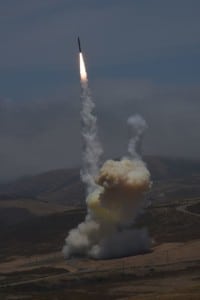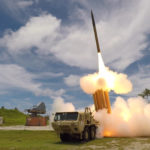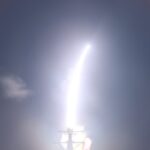
The Missile Defense Agency on Tuesday awarded Boeing [BA] a $5 billion five-year contract for the system integration, test, and readiness (SITR) work on the Ground-based Midcourse Defense (GMD) system, the second piece in a new management structure. According to the announcement, under this work Boeing will be responsible for overall GMD Element engineering, integration, planning and execution of all needed testing to verify requirement compliance. The integration includes “physical and logical integration of the GMD Element and components and…

 By
By 










